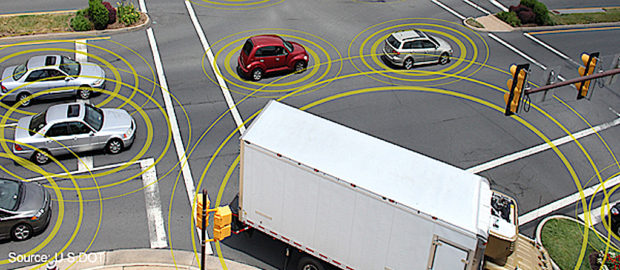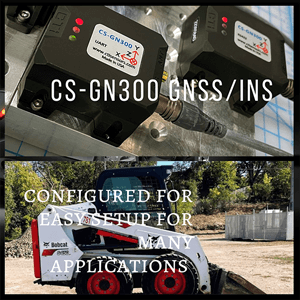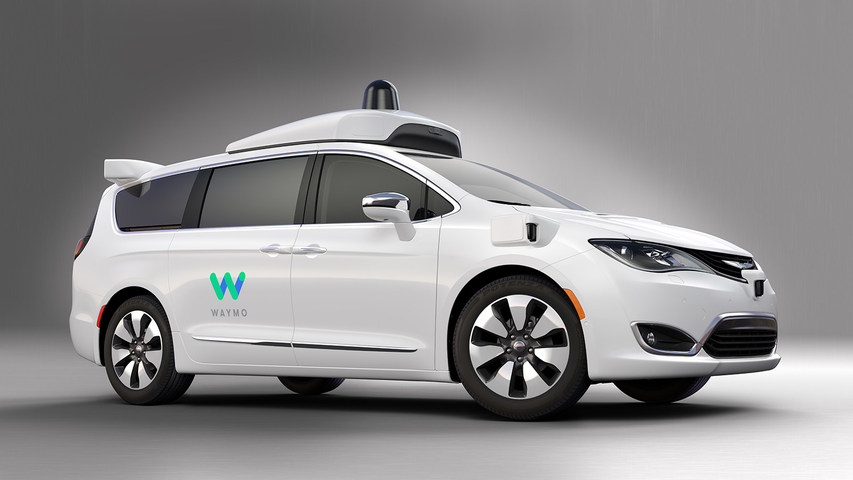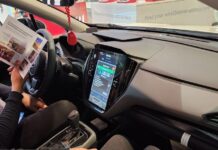A new company is adapting advanced Defense Advanced Research Projects Agency (DARPA) technology to prepare a vehicle and its occupants to better withstand and survive an unavoidable crash before it occurs.
Portland, Ore.-based PreAct Technologies executives say studies from NHSTA clearly indicate that advanced safety measures, such as occupant repositioning and soft airbag launches, enacted prior to an imminent crash can reduce the majority of injuries, save lives, and the industry billions of dollars, the company said.
The company is meeting with auto OEMs, Tier 1 suppliers and insurance companies at CES this month. “The response, so far, has been phenomenal. We also are hearing from potential investors,” said Paul Drysch, PreAct CEO and founder, an industry veteran who has held executive positions at Wireless Car, Aeris, Jasper Cisco and Ridecell.
Artis, LLC, a company led by Keith Brendley, another PreAct founder and its chairman, developed a technology with DARPA to intercept missiles, bullets and even faster objects in mid-air while only inches from the vehicle being protected. More than 10 years and $100 million has been invested in this technology, which tracks and responds to approaching objects in milliseconds, the company said.
“This isn’t collision avoidance. In the quarter-second timeframe before a crash, a vehicle equipped with PreAct can cinch the seatbelts, deploy newly designed slower inflating airbags, change the car’s suspension and seat angle, and even notify emergency responders” Drysch said. “All this is done primarily using Level 2 or 3 autonomous driving technology. You have to have cameras and/or other sensors that meet the our specs, but PreAct will be operating in the background as a system-on-a-chip.”
The concept was first developed by Kurt Brendley, PreAct COO, founder and auto industry veteran. Kurt met Drysch while the latter was at Ridecell.
“Kurt was working on ADAS (advanced driver-assistance systems) and new mobility projects. Kurt came up with the original idea, then later the three of us fleshed out what the company would become,” Drysch said. “There is no reason why people should be severely injured in passenger compartments that remain intact during most crashes.”
Protection systems just need a little more time to prepare the occupants inside, Brendley said. “We believe we can save thousands of lives and also save insurance companies billions,” he said.
For more information, or to meet PreAct Technologies at CES, go to https://www.preact-tech.com or email info@preact-tech.com.



























